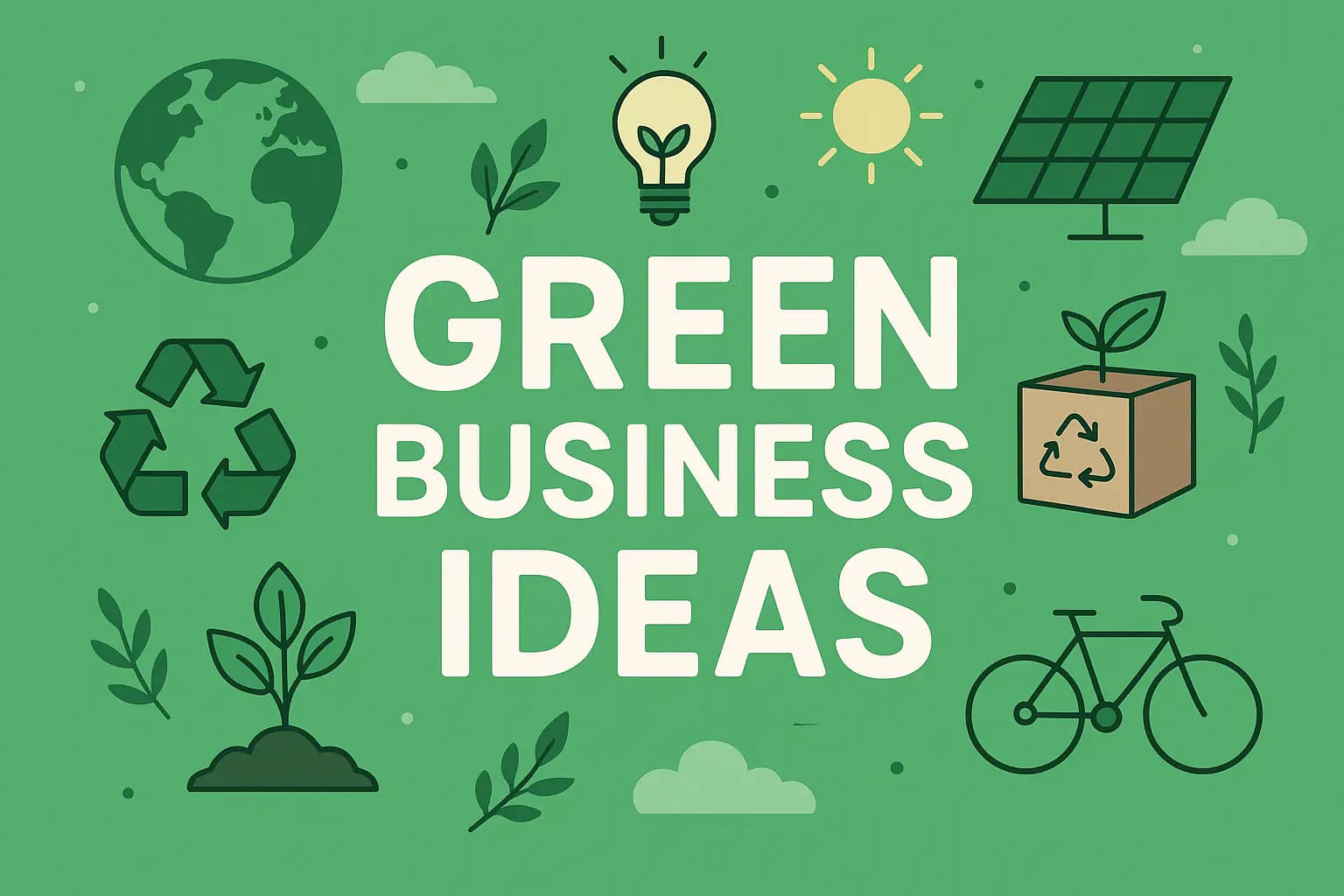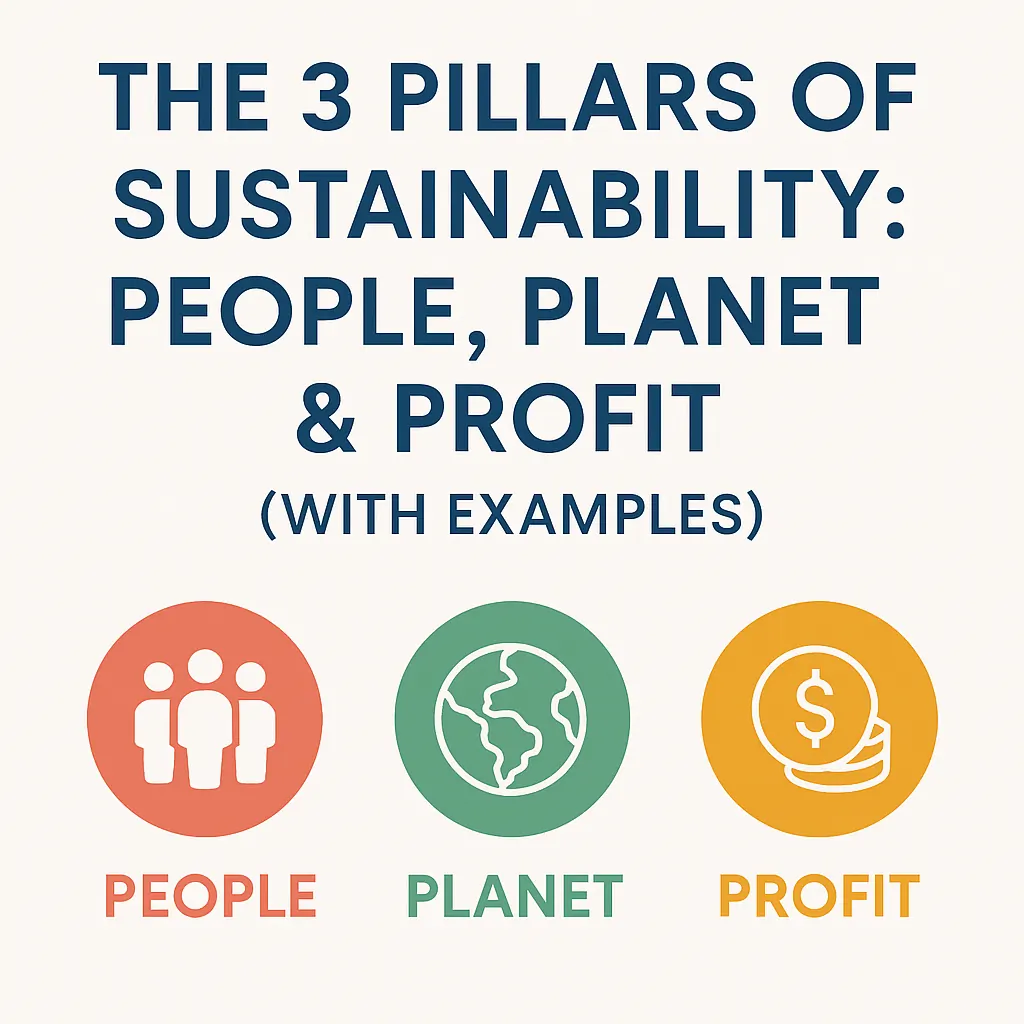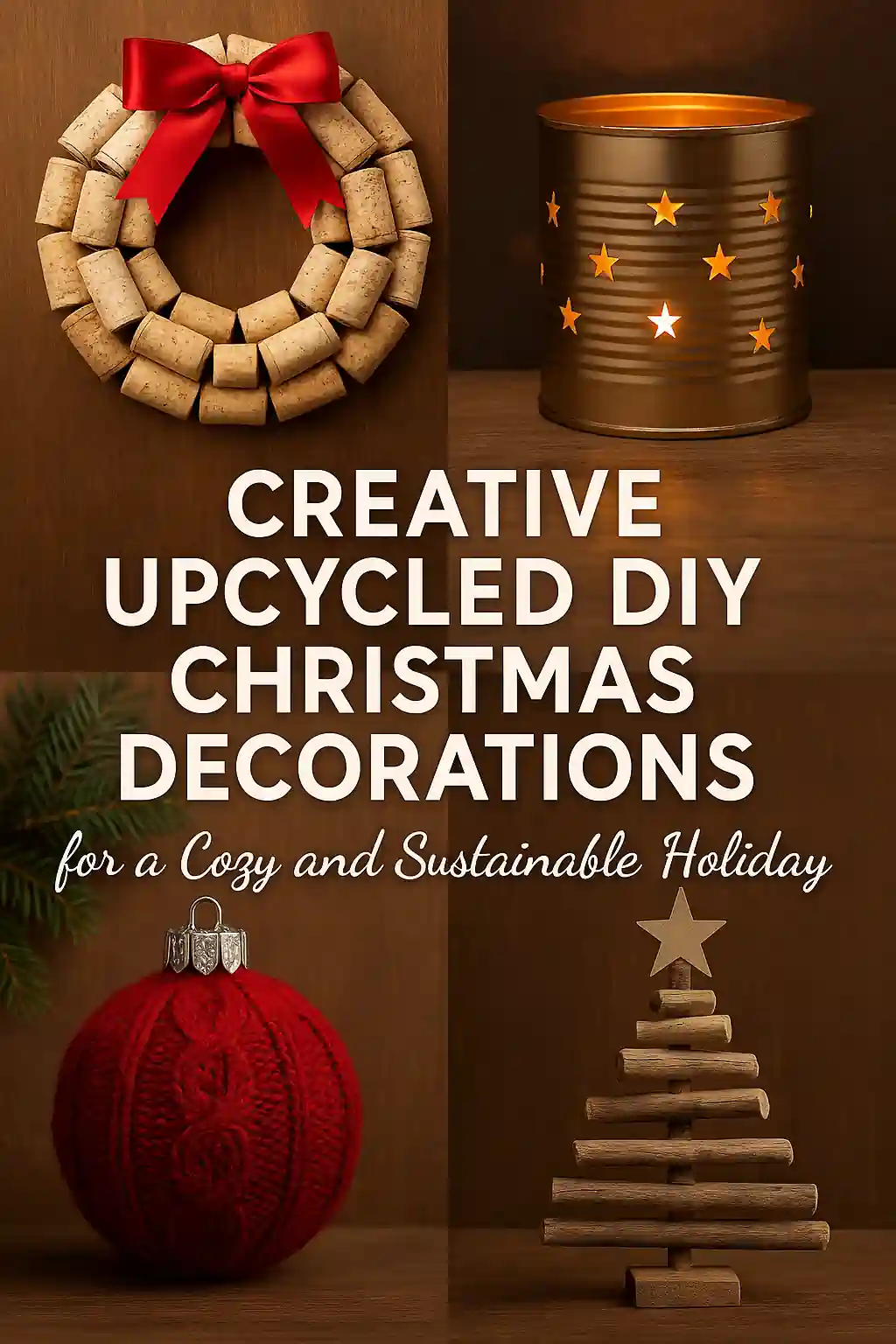Items You Should Always Keep Out of the Trash (Due to these Reasons)
Throwing everything away feels convenient, but it comes at a cost. Some materials are toxic or explosive; others are easily recycled or composted. When you toss these items into a household bin they can pollute soil and water, harm wildlife or even cause fires in collection trucks. In many cases you are also wasting resources that could be reclaimed. By learning which items belong elsewhere you protect public health, keep sanitation workers safe and reduce environmental harm. This guide explains why proper disposal matters and suggests alternatives for common household products.
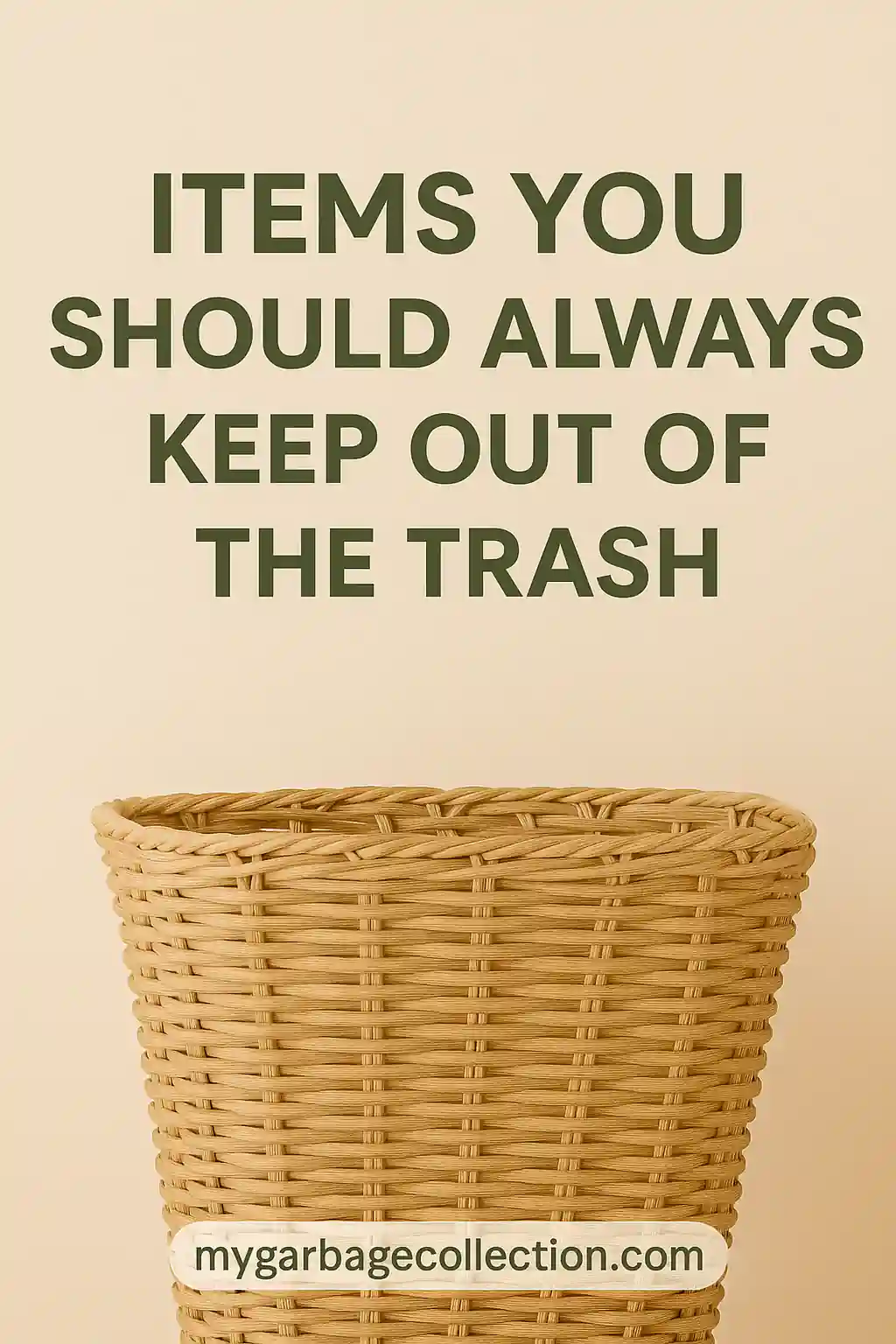
Batteries
Batteries power our lives but contain metals like mercury, lead, cadmium and nickel that become dangerous in landfills. Many agencies warn that these metals can leach into soil and water and that spent batteries may still hold enough energy to catch fire. Rather than tossing them, collect used batteries in a container and tape the terminals so they do not touch. Local retailers and recycling programs accept alkaline, lithium ion and rechargeable batteries. Car batteries should go to auto parts stores or hazardous waste facilities. A bit of planning prevents fires and keeps heavy metals out of the environment.
Household Cleaners and Chemicals
Household cleaners contain powerful ingredients that should never be mixed with regular trash. Products such as bleach, oven cleaner and drain opener can burn skin or react to release toxic gases. Discarding them in the bin can expose workers and contaminate groundwater. Use up what you buy and check the label for disposal guidance. Many communities hold hazardous waste collection events where cleaners and solvents are accepted. If there is still usable product, give it away. By keeping chemical cleaners out of your household waste you avoid accidents and protect the environment.
Pesticides and Herbicides
Garden pesticides and weed killers are designed to kill, and they can continue doing harm if disposed of carelessly. Pouring leftover pesticide down a sink or gutter allows chemicals to bypass treatment plants and reach rivers and drinking water. Mix only what you need and use it up or share with a neighbor. If you cannot use it, take it to a hazardous waste facility. Always keep pesticides in their original containers with labels and never reuse those containers for other products. Proper disposal prevents toxic compounds from entering the food chain.
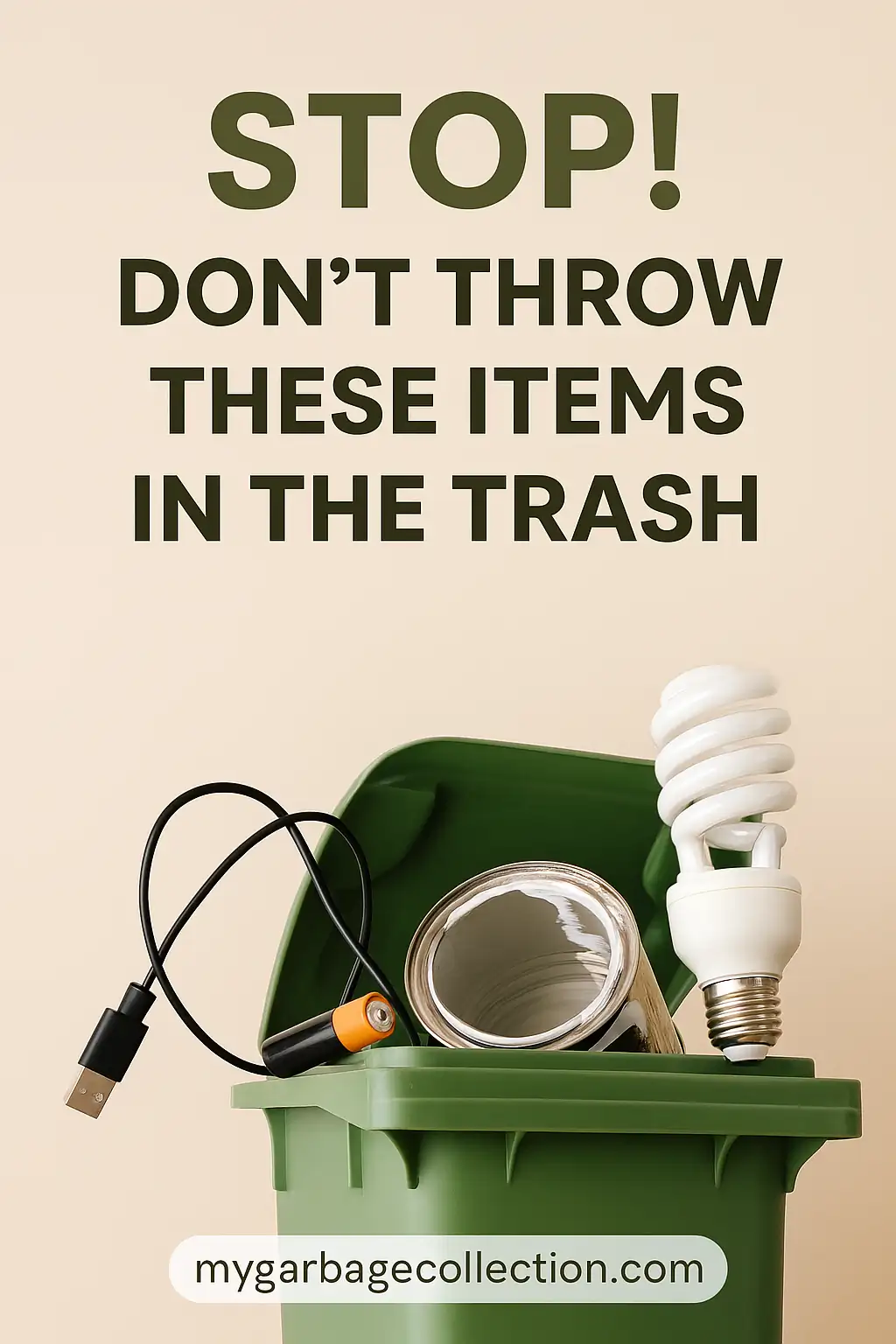
Paints and Solvents
Leftover paint can create more problems than you might expect. Latex and oil based paints often contain solvents and metals that can leach into the environment if dumped. Many municipal guides note that pouring paint down drains or tossing full cans in the trash releases chemicals into water systems and that most landfills ban liquids. Instead, store leftover paint for touch ups or donate it. Some retailers accept paint for recycling. Dry out latex paint before discarding the empty can. Oil based paints and solvents belong at hazardous waste facilities. These steps prevent pollution and reduce waste.
Fluorescent and Compact Fluorescent Light Bulbs
Fluorescent tubes and compact fluorescent bulbs use mercury vapor to produce light. That mercury is sealed inside but can escape if the bulb breaks in the trash. Environmental agencies encourage recycling mercury containing bulbs to prevent emissions and recover materials. Several states ban tossing them in garbage bins. Many hardware stores and recycling centers will take them for free. Pack burned out bulbs in a protective container and deliver them to a drop off site. Recycling them keeps mercury out of the air and water and conserves glass and metals.
Electronics and E Waste
Televisions, phones and computers are more than plastic and glass. They contain lead, beryllium, cadmium and mercury along with rechargeable batteries. When these devices end up in landfills these toxins can leach into soil and water, and built in batteries may ignite. Older monitors may even implode due to vacuum tubes. Instead of discarding electronics, look for local recycling programs offered by municipalities, electronics retailers or manufacturers. Working devices can be donated to schools or charities. Recycling recovers valuable metals and keeps hazardous components out of the waste stream.
Plastic Bags and Single Use Plastics
Thin grocery bags and other single use plastics are a persistent problem. They can last centuries in a landfill and break down into micro plastics that pollute ecosystems. They also tangle sorting equipment at recycling centers. Most supermarkets have bins for returning plastic bags and film. The best solution, however, is to switch to reusable bags made from cloth or durable recycled plastic and to buy in bulk using your own containers. Cutting down on single use plastics and recycling the ones you do use reduces litter and protects wildlife.
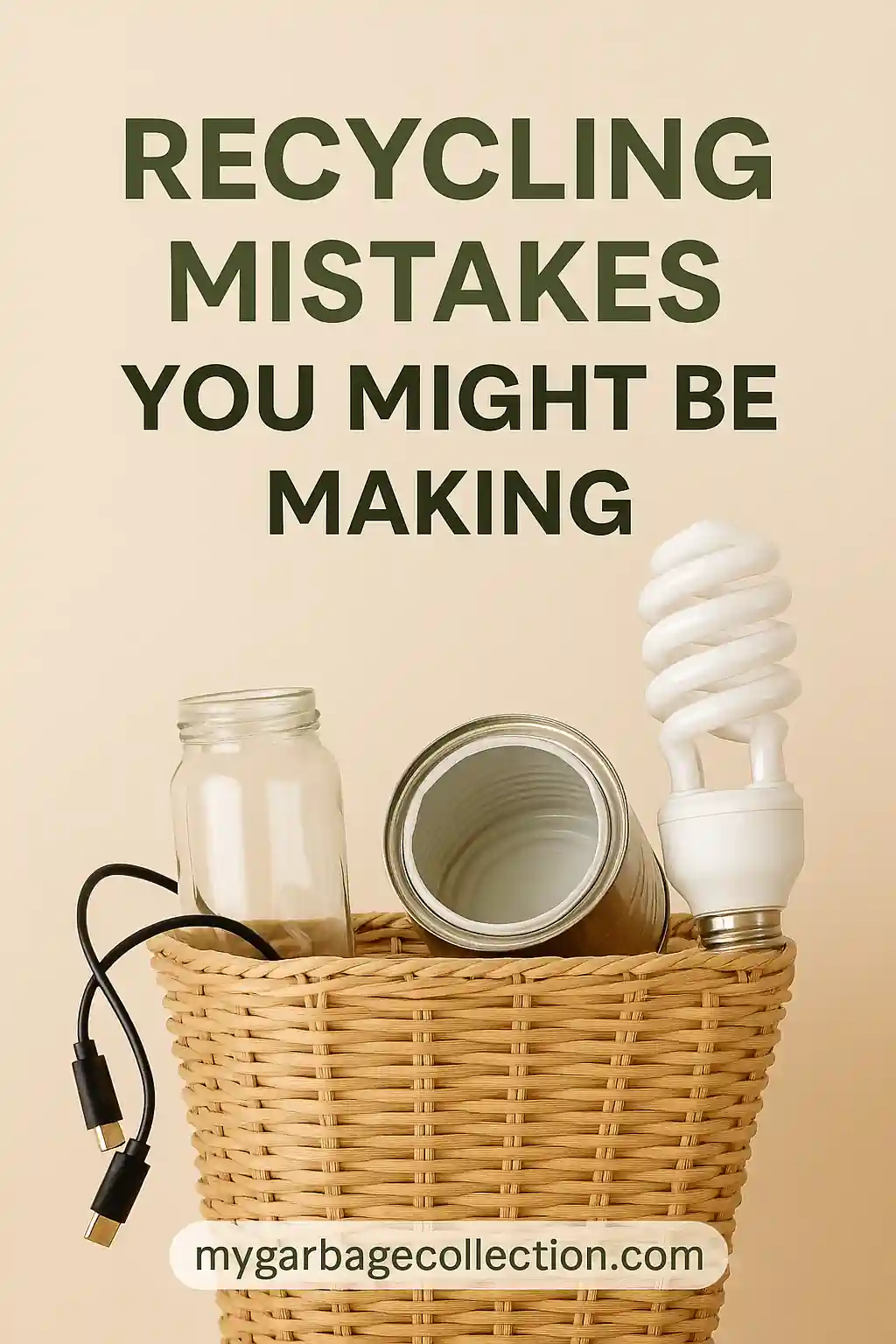
Food Scraps and Yard Waste
Organic matter does not belong in the trash. Food scraps occupy a large share of landfill space and release methane, a potent greenhouse gas, as they break down. Composting turns peels, coffee grounds and yard trimmings into a nutrient rich soil amendment. Set up a backyard compost bin or join a community compost program to divert organic waste from the landfill. Composting improves soil quality, reduces methane emissions and frees up space in trash bins.
Paper, Glass and Metal Recyclables
Glass jars, metal cans, paper and cardboard are not hazardous but should never go to a landfill because they are easily recycled. Recycling saves energy and natural resources; for example, recycling ten plastic bottles can power a laptop for more than a day. Rinse food residue from containers, flatten cardboard and place recyclables in your program’s collection bin. Check local guidelines to know which items are accepted. Recycling reduces demand for raw materials and lowers greenhouse gas emissions.
Other Hazardous Items
Automotive fluids such as motor oil, antifreeze and fuel are flammable and toxic. Adhesives, epoxies, solvents and aerosol cans can emit fumes and ignite. Propane cylinders, fire extinguishers and even old thermometers may contain hazardous substances. These items can react with each other in a trash truck or landfill, creating fires and chemical spills. Contact your local waste management authority to find collection events or drop off centers for hazardous materials. Many communities provide safe disposal for automotive fluids, paint thinner, pool chemicals and similar products at little or no cost. Keep these items in their original containers until you can deliver them to a facility.
Reusable Items and Donation
Many things we discard are still usable. Clothing, furniture, dishes and tools can often be donated to charities or sold online. Donating extends the life of these items and helps people in your community. You can also repair or repurpose items instead of discarding them. Upcycling glass jars into storage containers or turning old pallets into planters are simple projects that keep materials out of the landfill. Our guide to building a stylish enclosure for trash bins shows how reclaimed materials can improve your outdoor space. Thinking creatively about reuse reduces waste and fosters a circular economy.
Tips for Managing Waste at Home
Responsible disposal becomes much easier with a little organization. Set up separate bins for recyclables, compostables and trash so that sorting becomes a habit. When space is limited, see our advice on selecting the best spot for a trash can in a small kitchen. Collect spent batteries and small electronics in a designated container until you can take them to a drop off site. Store hazardous chemicals in a secure area away from children and pets until you can deliver them to a collection facility. Rinse and dry containers before recycling to prevent contamination. Teach your family what goes into each bin; children often enjoy the process and become stewards of good habits.
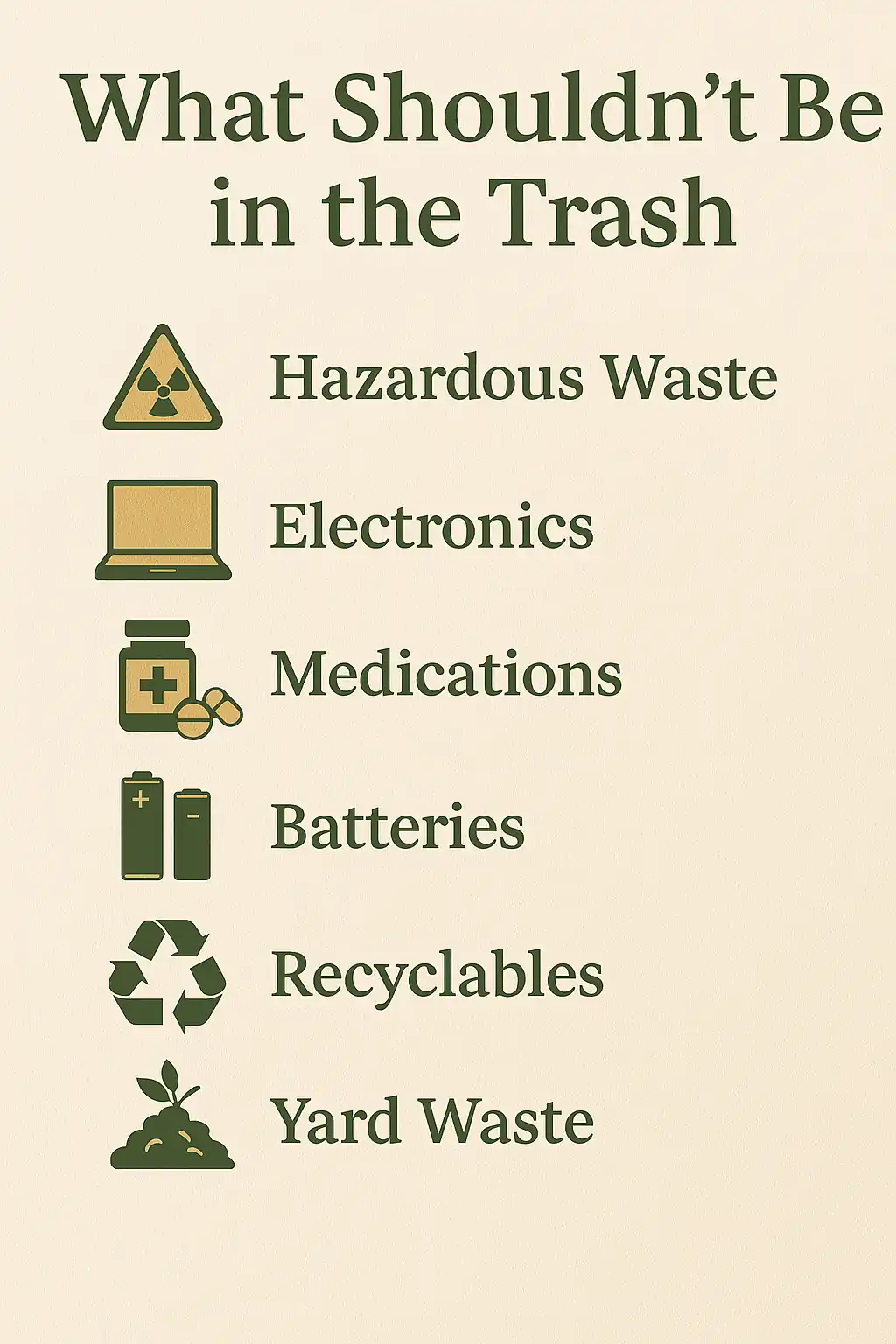
Conclusion
Keeping harmful materials out of the trash protects health and the environment. Batteries, cleaners, pesticides, paint, mercury bulbs, electronics, plastic bags, organic waste, recyclables and other hazardous substances all require special handling. When you recycle, compost, reuse or deliver these items to the proper facility you prevent pollution, conserve resources and reduce greenhouse gas emissions. You also help sanitation workers by eliminating fire hazards and dangerous chemical reactions. Our website has more tips for keeping your home clean and organized. Learn how to deodorize your outdoor garbage cans so that your trash area stays fresh, and explore creative ways to hide your bins with a lattice enclosure. With mindful disposal practices and a willingness to reuse, we can all play a role in building a cleaner future.



